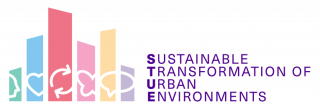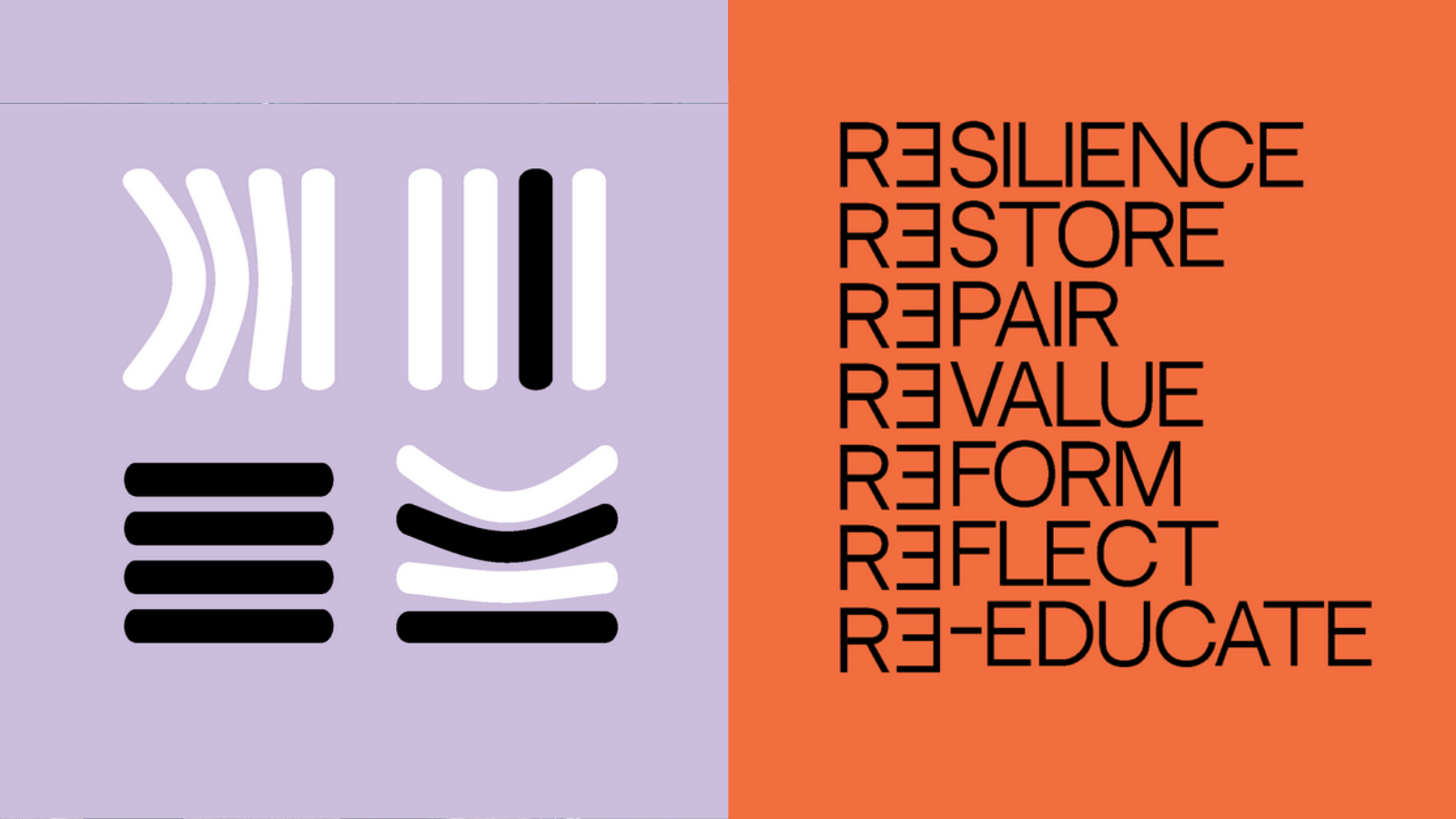Radical transformations of our physical, political, organisational, social and value structures are needed to respond to – and prepare for – societal, environmental, and climatic crises and to restore the past damage that our (in)activities in the built environment have inflicted. To do this we must collectively make giant leaps forward by acknowledging our own role, responsibility and values and by asking uncomfortable questions about how we got here, and how we can make (a)mends, urgently.
We invite contributions that explore resilient and restorative approaches to extrinsic crises and challenges that society faces (e.g., pandemic, climate change and biodiversity decline, environmental limits, demographic shifts, inequalities etc.) and those that have been intrinsic to built environment activities and practices itself (e.g., finite resources, impact on (non-)humans and the planet’s health and well-being, lack of inclusivity, outdated values and pedagogical approaches etc.).
We welcome all scholars who are approaching different aspects of the built environment in radical and thought-provoking ways, including from the disciplines of urban and regional planning, theory and policy; landscape architecture; real-estate economics; anthropology, geography; philosophy; architecture; education; engineering; ecology; environmental sciences and policies; health sciences; social sciences; sociology, transport planning, environmental psychology, organisational and management sciences, etc. We especially welcome contributions that come from or interact with interdisciplinary viewpoints.
Making (A)mends is divided into the following four themes:
- Resilience
- Restore & Repair
- Revalue & Reform
- Reflect & Re-educate
See theme descriptions on symposium website
ATUT welcomes participants as follows:
- A paper presentation with a full paper, on the basis of an accepted abstract (required).After the symposium, authors can submit their full papers (5000 – 8000 words) by 15.01.2023. The submitted manuscripts will be reviewed by selected reviewers in a double-blind peer review process. Manuscripts accepted in the review process will be published in the online journal Architectural Research in Finland (ARF, Jufo 1 in Finland).
- Poster presentation on the basis of an accepted abstract (required)- with full paper submission
- A paper or poster presentation without a paper, on the basis of an accepted abstract (required).It is possible to have a presentation without submitting a full paper for peer review. This option can be feasible, for example, for doctoral students or practitioners who would like to discuss their ongoing research.
- Participation as an observer only, without a presentation or a paper and poster submission.
Important dates
CALL FOR ABSTRACTS: 22.04.2022: Deadline for the submission of abstracts through EasyChair. https://easychair.org/cfp/ATUT2022
Instructions: Please submit a 150-200 word abstract; indicate in your abstract submission: 1.) which sub-theme your abstract falls under; 2.) if you intend to make a paper presentation with a full paper submission after the conference; or poster presentation with full paper submission after the conference; or presentation without full paper submission; or poster without full paper submission; 3.) if you prefer face-face conference or online attendance.
10.06.2022: Notification of abstract acceptance
22.06.2022: Deadline for author presentation registration
20-21.10.2022: Symposium + dinner 20.10.2022 – Languages of the symposium are English, Finnish, and Swedish.


